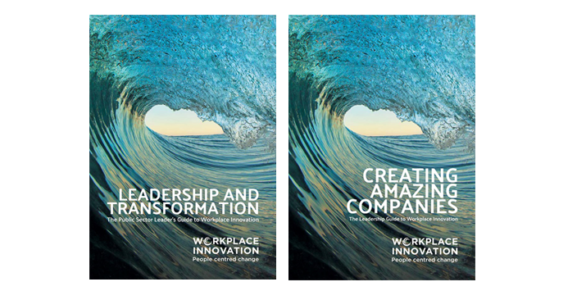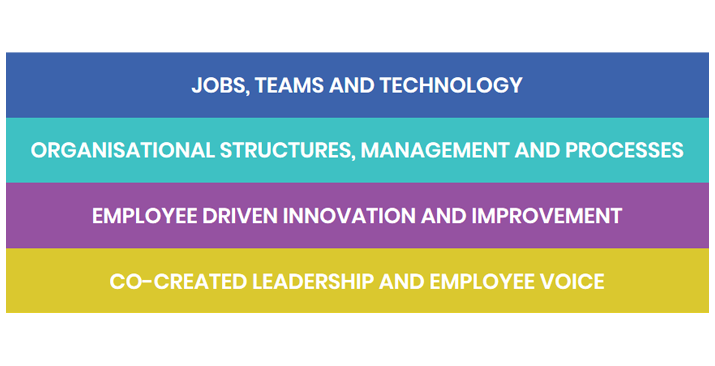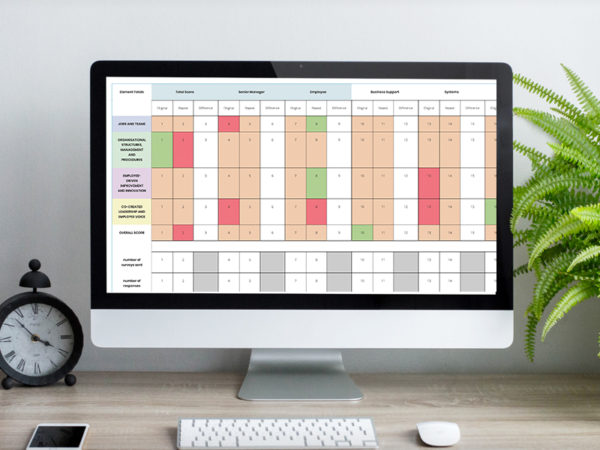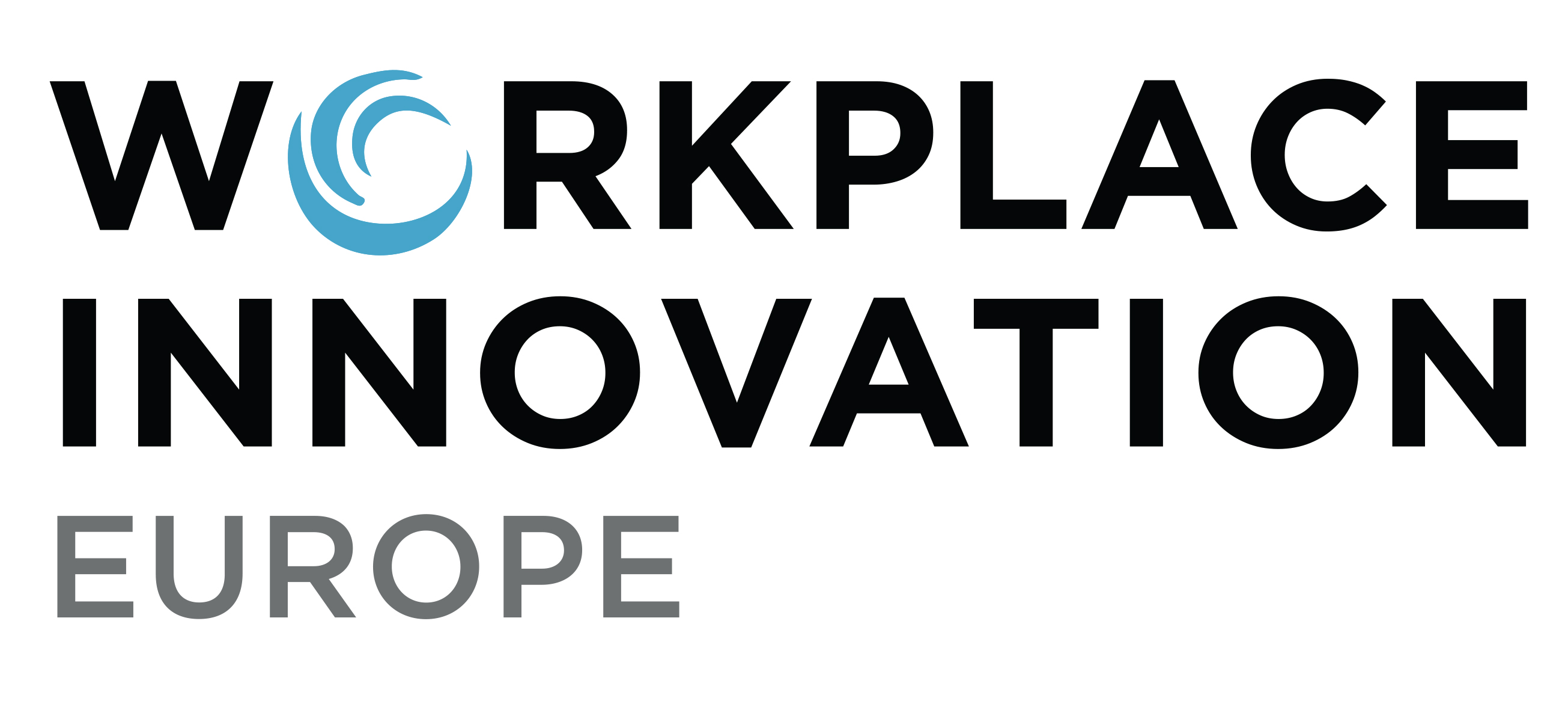Webinar Report
Mental Health and Wellbeing at Work: 23rd March 2021
Watch the webinar recording
Mental health problems are a huge issue affecting people and businesses. Statistics tell us that stress and poor mental health are the second biggest cause of sickness absence in UK workplaces, and 12.8 million days were lost due to work-related stress, depression, or anxiety in 2019. A survey by Mind found that ten percent of employees rated their mental health as poor or very poor; of these, 26% said that this was due to problems at work and a further 50% cited work as a contributory factor.
These figures only paint part of the picture, and recent research into the effects of the COVID-19 pandemic suggests that lockdown, social distancing and working from home are having a significant impact on mental health and wellbeing due to increased anxiety or stress. According to Mind, some 60% of adults and over two thirds of young people said that their mental health got worse during lockdown.
While there are many factors to consider, it is clear that the workplace has huge potential either to enhance or to undermine mental health and wellbeing.
Employers increasingly recognise the need to identify and support people with mental health problems, but the wider task is to identify and address those workplace practices which can strengthen or undermine individual well-being and mental health. So, what can employers do to become part of the solution rather than part of the problem?
Speakers

Stephen Bevan
Head of HR Research & Development
IES (Institute for employment studies)
Stephen Bevan discussed the evidence from recent research into mental health and wellbeing at work, and assess the impact of the COVID- 19 pandemic.
Stephen is Head of HR Research & Development at the Institute for Employment Studies (IES). He has 35 years of experience in the field of HR research, with specialist expertise in workforce wellbeing, performance and productivity. He has led a large number of projects for public and private sector organisations both in the UK and internationally and has advised governments on policy issues in several EU member states. Stephen is currently leading projects on ‘Work After Lockdown’ for the ESRC, a major DWP-funded randomised control trial to assess the impact of job support for people with depression, and a programme of work looking at obesity stigma in the labour market.
Stephen has authored several publications on mental health at work, including a guide for employers focusing on COVID19, a review of workplace counselling practices and a critical assessment of Mental Health First Aid. He is currently co-authoring a book with Professor Sir Cary Cooper entitled ‘Work, Health and Productivity’ which will be published later in 2021.

Nick Price
Founding CEO
Bright Purple, UK
Nick Price is the founding CEO of Bright Purple, the technology recruitment firm now entering its 26th year of business. He is also a founding director of technology business Primed, based in Manchester and is a serving board director of Lifelink, the Glasgow mental health charity. A qualified mental health first aider, Nick has been on the wrong side of a mental health challenge, suffering a bout of symptomatic depression four years ago, but did the right thing, sought help and fixed the problem. After that, he decided that he wanted to know more about the world of mental health and as an employer of more than 20 staff, understands his duty of care for his own people, now more than ever during the pandemic!

Frank Pot
Emeritus Professor of Social Innovation of Work and Employment
Radboud University Nijmegen
Frank Pot is emeritus professor of Social Innovation of Work and Employment, Radboud University Nijmegen, The Netherlands. At the Netherlands Organisation for Applied Scientific Research (TNO) he was director of TNO Work and Employment. He was also part-time professor of Work and Technology at Leiden University. Amongst other things, he contributed to an understanding of the relationship between workplace characteristics – such as work organisation, job content and control structures – and workplace mental health. Frank presented evidence from recent research demonstrating the positive impact of workplace innovation on employee mental health and wellbeing.
Your Facilitators

Dr Peter Totterdill
Founding Director
Workplace Innovation Europe
Dr Peter Totterdill is a Founding Director of Workplace Innovation Europe CLG, a not-for-profit organisation created to help public and private sector organisations achieve enhanced performance and better working lives. A leading European expert in workplace innovation, Peter’s career has focused on building bridges between research and practice. He has led many successful innovation and change initiatives in both private and public sector organisations. Peter was previously a Research Professor at Nottingham Trent University, and has held Visiting Professorships at Kingston University London and Mykolas Romeris University Vilnius.

Rosemary Exton
Founding Director
Workplace Innovation Europe
Rosemary Exton is a Founding Director of Workplace Innovation Europe CLG. Her experience of workplace innovation dates back to 2002, and builds on many years’ experience as a clinician, manager and trade unionist in the UK’s National Health Service where she instigated, drove and delivered many complex change and improvement initiatives. Rosemary has played key roles in several international research and development projects, whilst simultaneously delivering leadership development programmes and facilitating organisational change in diverse companies and public sector organisations across Europe.

Natalie Wilkie
Organisational Development Specialist
Workplace Innovation Europe
Natalie Wilkie is an organisational development specialist with Workplace Innovation Europe CLG. She focuses on building the emotional intelligence of leaders and teams in ways that make an impact at a fundamental level to the performance and engagement of people throughout the business, and is also a qualified and accredited psychotherapist. Natalie also brings particular experience of transformation, change, organisational cultures and innovation. Natalie recently worked at the Met Office, leading the Innovation Culture Team and heading up organisational development for the Transformation and Efficiency project.
Want to learn more about good practices relating to mental health at work, and share to experiences with other companies? Contact us for information on our Good Work & Mental Wellbeing Lab.
The Good Work & Mental Wellbeing Lab will be hosted on our Fresh Thinking Labs platform, and will focus on how companies can introduce the types of good practice discussed during the webinar. Our aim is to build a closed community in which people can share experiences and challenges with each other, as well as taking part in open discussions with our expert panel.
Starting with a masterclass led by Stephen Bevan on 14th April (13.30-15.00), we’ll follow up with informal workshops every month addressing key themes relating to good work and mental wellbeing. Stephen, Frank Pot, Natalie Wilkie and I, plus other members of our team, will be regular contributors to each session together with occasional guest experts and practitioners.
Based on feedback so far, we’ll be addressing job design and job crafting, line management roles and behaviours, emotional intelligence, and the impact of digital technologies – but this list isn’t exclusive and we’re keen to include any other issues and challenges identified by Lab members.
Between each session, we’ll be continuing the discussion in themed online forums within the Lab, and we’ll also build up a bespoke knowledge bank including evidence, case studies and practical tools for use by members. Of course we’ll also be available for one-to-one chats from time to time if we can help with specific issues.
We envisage the Lab continuing through to the end of 2021, at which point we’ll produce a short, practical guide to the issues discussed in the Lab (though happy to continue afterwards by popular demand!)
Although we’re a not-for-profit organisation, and very committed to positive mental health at work, we do need to cover our costs. We’re asking participants for a £200 membership fee for the Lab, which we think is pretty good value. You’ll also get access to the other member-only webinars planned for 2021, including:
- 12th May: Professor John Bessant on The Craft of Innovation
- 19th May: A virtual journey to employee-owned Gripple, Exploring a Culture of Innovation
- 15th June: Hanne Shapiro on Workforce Readiness for Digital Innovation
Plus Wellbeing Drop-Ins, Challenge Workshops, network-building activities and bespoke introductions to members with comparable interests.
We hope that you can join us, and look forward to hearing from you soon.
Need help getting started?
We offer an abundance of free resources to help you discover more
Download
Your Guide

How do you build a high-performing organisation that is also a great place to work?
Our free Guide offers inspiration and solutions, helping you assess current practices in your organisation, suggesting pathways to change, and signposting further sources of information and support.
Try Our
Free Short Diagnostic

Test your organisation against twelve evidence-based workplace practices associated with high performance and employee engagement.
On completion you will receive a short report and recommendations, and you can contact us to explore your results in more detail.
The Essential Fifth Element
The Essential Fifth Element is our practical approach to workplace innovation and organisational change, grounded in extensive evidence and experience.
It has helped growing numbers of multinational companies, SMEs, third sector bodies and the public sector achieve tangible performance gains as well as improved working lives for employees.
Be part of the movement. Discover more below.

The Workplace Innovation Diagnostic®
Our employee survey is designed to give you an in-depth understanding of where change is needed and how to deliver it.
Unlike traditional engagement surveys, the Diagnostic focuses on evidence-based workplace practices associated with high performance, engagement and workforce health, and its results indicate specific actions at team, department, site and organisational levels.



